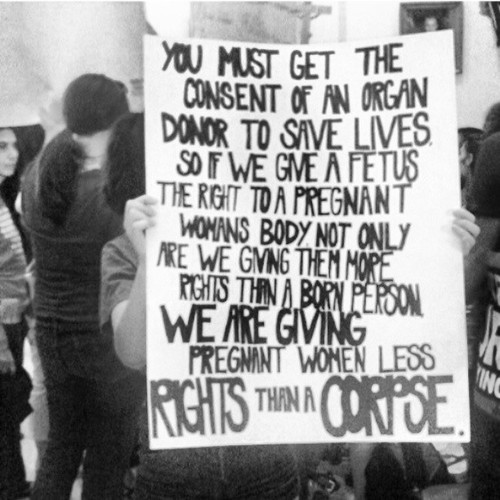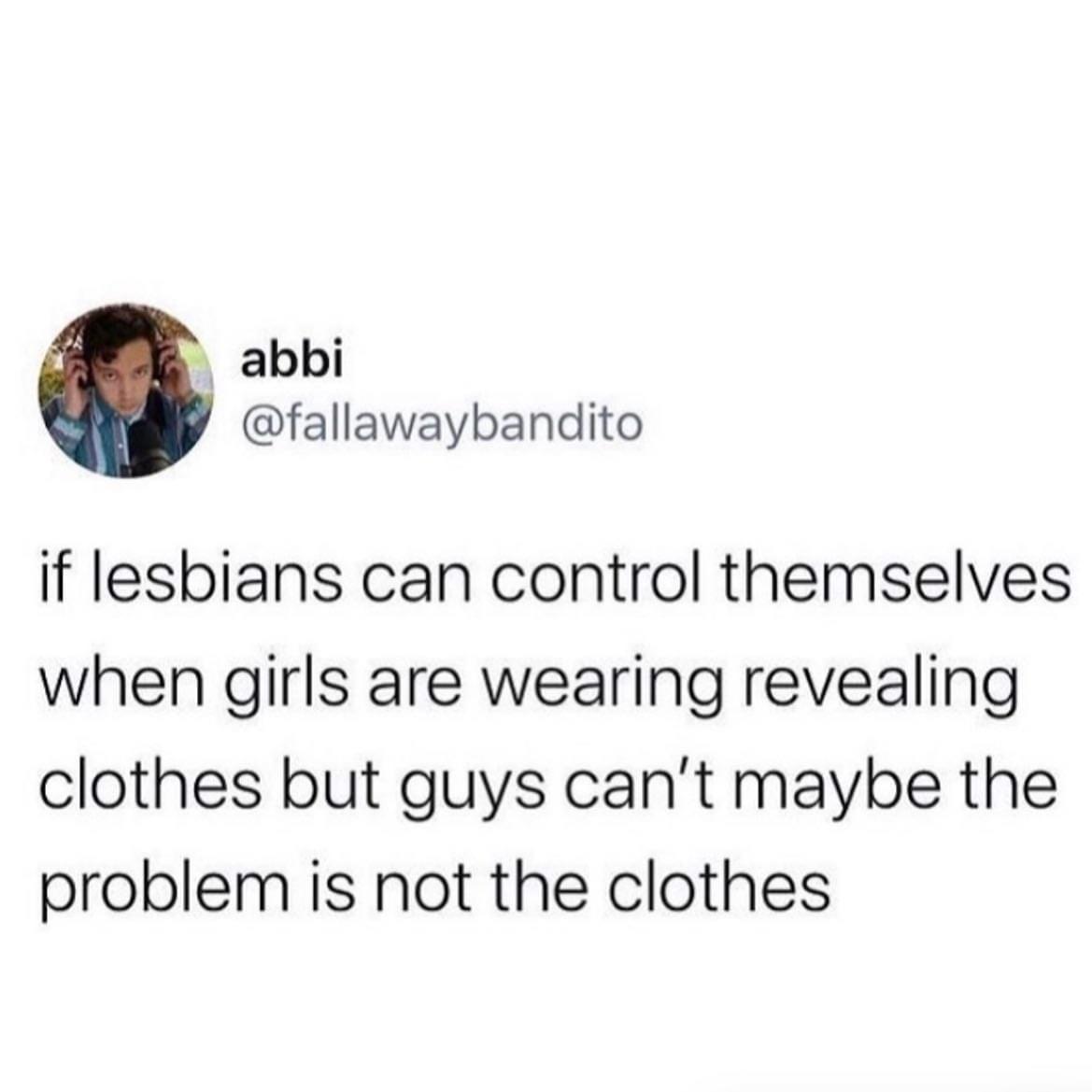May 10 2023
from Jack Holland’s A Brief History of Misogyny
Apr 25 2023
Like night and day indeed.
Apr 22 2023
“What would I be …”
“What would I be if I didn’t live in a world that hated women?” Jessica Valenti, Sex Object
Apr 20 2023
about trans’women’ competing in women’s sports
“One TIM actually tried to explain that as someone truly dysphoric, he’d NEVER want to be on a girl’s team. Beating them all and crushing them with ease would only underline his male body, not validate his feminine identity. Mr. Be Kind didn’t understand this and asked why he wouldn’t want to be on a team with girls who shared his “gender identity” and the TIM added that he’d feel ashamed for cheating girls, especially with his male body. And that’s a very good point- I don’t believe that men who enter women’s sports are dysphoric in the least. They’re very happy with their male bodies.”
from https://www.ovarit.com/o/GenderCritical/18221/how-come-it-s-never-on-trans-people-to-be-kind
Apr 16 2023
Language Matters
Compare ‘So he fucked her and now she’s knocked up’ with ‘So he made her pregnant and now they’re saying it’s his fault’.
Apr 15 2023





















